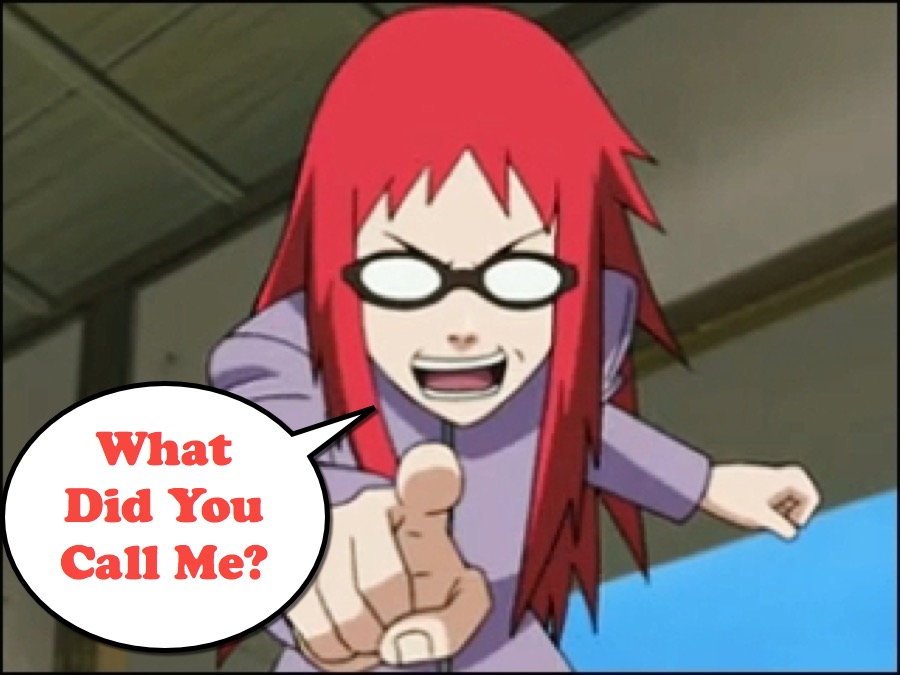

Science fiction fans were using otaku to address owners of books by the late 1960s (in a sense of "Do own this book?"). The origin of the pronoun's use among 1980s manga/anime fans is unclear. It is associated with some dialects of Western Japanese and with housewives, and is less direct and more distant than intimate pronouns, such as anata, and masculine pronouns, such as kimi and omae. In this usage, its literal translation is "you". The word can be used metaphorically, as a part of honorific speech in Japanese as a second-person pronoun. Otaku is derived from a Japanese term for another person's house or family ( お宅, otaku). 4 Types and classification of Japanese otaku.In 2005, the economic impact of otaku was estimated to be as high as ¥2 trillion ( US$18 billion). These publications classify distinct groups including anime, manga, camera, automobile, idol and electronics otaku. Other institutions have split it further or focus on a single otaku interest. In 2005, the Nomura Research Institute divided otaku into twelve groups and estimated the size and market impact of each of these groups. The definition of otaku subsequently became more complex, and numerous classifications of otaku emerged. The otaku subculture continued to grow with the expansion of the internet and media, as more anime, video games, shows, and comics were created. The subculture's birth coincided with the anime boom, after the release of works such as Mobile Suit Gundam before it branched into Comic Market. The subculture began in the 1980s as changing social mentalities and the nurturing of otaku traits by Japanese schools combined with the resignation of such individuals to what was then seen as inevitably becoming social outcasts. Otaku subculture is a central theme of various anime and manga works, documentaries and academic research. Out of 137,734 teens surveyed in Japan in 2013, 42.2% self-identified as a type of otaku. According to studies published in 2013, the term has become less negative, and an increasing number of people now identify themselves as otaku, both in Japan and elsewhere.


Otaku may be used as a pejorative with its negativity stemming from a stereotypical view of otaku as social outcasts and the media's reporting on Tsutomu Miyazaki, "The Otaku Murderer", in 1989. Its contemporary use originated with a 1983 essay by Akio Nakamori in Manga Burikko. This is where the otaku name becomes bad.Otaku ( Japanese: おたく, オタク, or ヲタク) is a Japanese word that describes people with consuming interests, particularly in anime and manga.

A hikkikomori is the homicidal, locked-up in their room, closed-off type that everyone seems to connect with liking anime. Being an otaku can turn you into a hikkikomori but some Japanese even see the two terms as one and the same. Some people also get mixed up between an "otaku" and a "hikkikomori" and vice-versa (sometimes ~.~). In a way, it's a bad thing and a good thing. Most fans in the western world learn the word and refer to themselves as one because of their love of anime, so much so that the Japanese have a strange belief that all foreigners MUST be peppy otaku's. An otaku in Japan might be way different from a western world otaku. In the western world, fans have sort of lightened the term because of the popularity of anime and manga culture. It's considered weird and almost scary in Japan and there have been many attacks of anti-otaku violence. To sum it up "otaku" is just the japanese word for obsessed-fan whether it be anime, manga, gundams, trains.


 0 kommentar(er)
0 kommentar(er)
